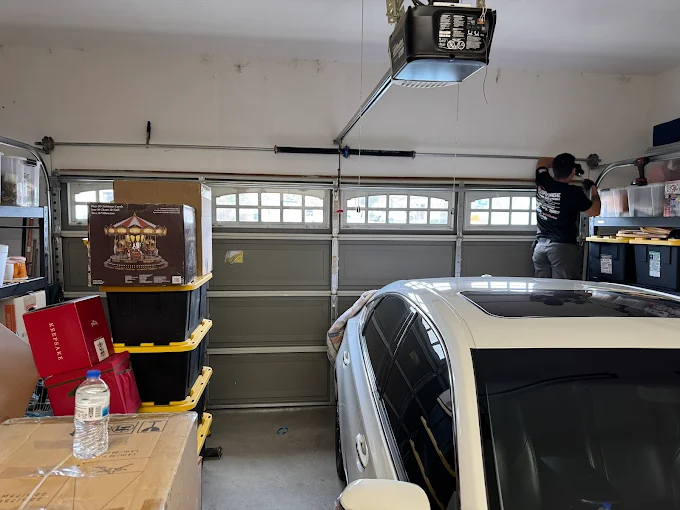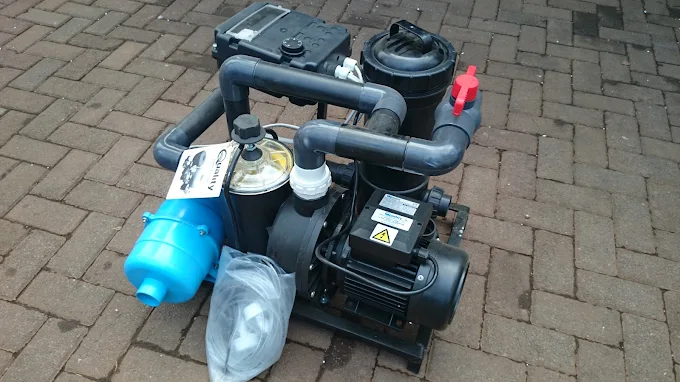
Halal certification plays a crucial role for food businesses aiming to meet dietary standards observed by Muslim consumers. It ensures that products and services comply with Islamic laws, giving customers confidence in their food choices. This article sheds light on halal certification services, focusing on the international scope and specific details related to the USA, especially for restaurants.
What is Halal Certification?
Halal certification is an official recognition that a product, service, or establishment adheres to Islamic dietary laws. This certification is issued by authorized bodies after thorough inspection and compliance verification. It covers various aspects such as sourcing ingredients, processing methods, hygiene standards, and storage conditions. Obtaining a halal certificate not only assures Muslim customers of compliance but also expands business reach in diverse markets.
The Role of a Halal Certification Agency
A halal certification agency acts as the governing authority to assess and confirm the halal status of products and services. These agencies evaluate supply chains, production facilities, and business practices to ensure compliance with halal standards. Reputable agencies maintain strict protocols to ensure transparency and authenticity in certification. Partnering with a recognized agency can enhance credibility and trust among consumers.
International Halal Certification and Its Importance
Global trade demands adherence to halal standards across borders, especially for food exports and imports. International halal certification ensures that products meet universally accepted Islamic dietary laws, facilitating smooth entry into markets with Muslim consumers. This certification often involves collaboration with international bodies that harmonize halal requirements, making it easier for businesses to operate globally without facing regulatory hurdles.
Halal Certification for Restaurants in the USA
For restaurants in the USA, halal certification is increasingly significant due to the rising demand for halal food options. Achieving halal status involves stringent verification of the entire food preparation process, including ingredient sourcing, kitchen practices, and staff training. Restaurants with a halal certificate demonstrate a commitment to catering responsibly to Muslim customers, thereby building loyalty and expanding their customer base.
Also Read: Custom Packaging
Requirements for Halal Certification in the USA
Securing halal certification in the USA involves meeting specific requirements laid out by certification bodies. These generally include:
- Ensuring all ingredients and additives are halal compliant.
- Avoiding cross-contamination with non-halal substances.
- Maintaining cleanliness and hygiene according to Islamic guidelines.
- Providing documentation and transparency regarding sourcing and processing.
- Undergoing regular audits and inspections by the certification agency.
Businesses must prepare to document their supply chains, implement rigorous kitchen protocols, and train staff to meet these requirements successfully.
How to Obtain a Halal Certificate for Your Restaurant
The process to obtain a halal certificate involves several steps:
- Application: Submit a detailed application to a recognized halal certification agency.
- Initial Assessment: The agency reviews the documentation and evaluates whether the business meets basic halal standards.
- Inspection: A thorough inspection of the premises, processes, and ingredients takes place.
- Training: Certification agencies often provide training sessions for staff to understand halal principles and operational standards.
- Certification Issuance: Once compliance is confirmed, the halal certificate is granted.
- Renewal and Monitoring: Regular follow-ups and audits ensure continuous compliance.
Benefits of Halal Certification for Businesses
Halal certification offers multiple benefits to businesses, especially in the food industry:
- Customer Trust: It assures Muslim consumers about the halal integrity of the products or services.
- Market Access: Opens doors to Muslim-majority markets domestically and internationally.
- Brand Differentiation: Distinguishes businesses from competitors lacking halal certification.
- Legal Compliance: Helps meet regulatory requirements in markets where halal certification is mandatory.
- Increased Sales: Attracts a wider audience who specifically seek halal-certified options.
Selecting the Right Halal Certification Agency
Choosing a halal certification agency requires consideration of several factors:
- Recognition: The agency should be recognized by reputable Islamic authorities.
- Experience: Agencies with a history of certification and understanding of local regulations are preferable.
- Transparency: Clear processes and criteria foster trust.
- Support: Agencies offering training and guidance throughout the certification process help businesses maintain compliance effectively.
Maintaining Halal Standards After Certification
Obtaining certification is the beginning of a continuous commitment to halal standards. Businesses must consistently:
- Monitor ingredient sourcing to prevent non-halal contamination.
- Train new staff on halal procedures.
- Keep thorough records of processes and audits.
- Comply with renewal requirements and audits by the certification agency.
Sustained adherence not only protects the halal certificate but also ensures ongoing customer confidence.
Conclusion
Halal certification services play a vital role in meeting the dietary needs of Muslim consumers while enhancing business opportunities domestically and internationally. For restaurants and food businesses in the USA, obtaining and maintaining halal certification requires careful attention to halal certification requirements, reliable partnership with certification agencies, and ongoing commitment to halal standards. This not only broadens customer reach but also solidifies a business’s reputation for trustworthiness and quality.
Read more exciting blogs on earthlyblogging.com






